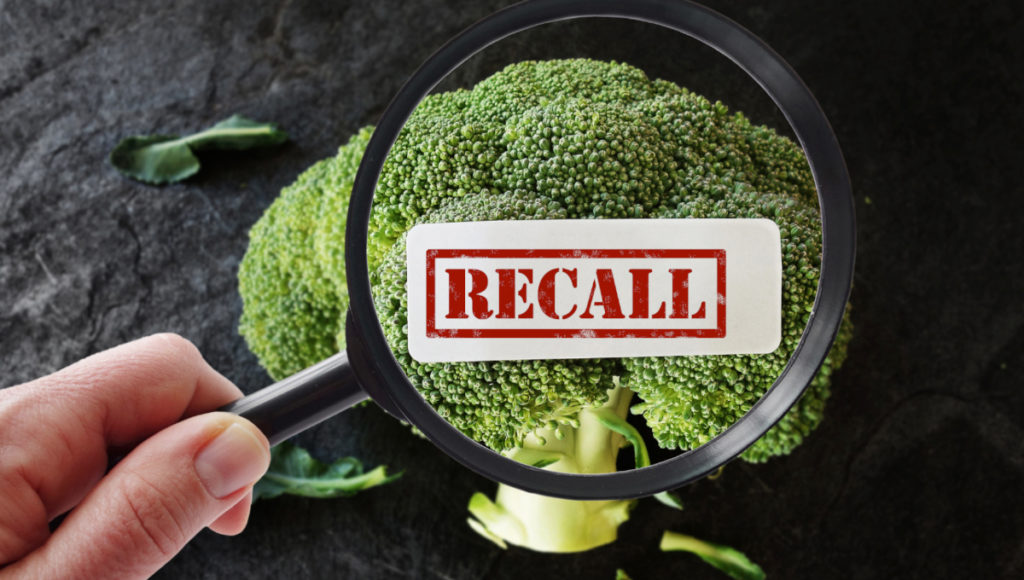Last week, Hormel Foods announced a voluntary food recall of 9,353 cases (or about 60,000 jars) of Skippy peanut butter over concerns that a “limited number” could contain stainless steel fragments from an errant piece of manufacturing equipment. The US Food and Drug Administration (FDA) subsequently issued a news release further detailing the recall.
“Skippy Foods, LLC, out of an abundance of caution and with an emphasis on the quality of its products, is issuing the recall to ensure that consumers are made aware of the issue,” the FDA said in the news release. “The manufacturing facility’s internal detection systems identified the concern.”
So, was it Hormel’s choice to issue the recall or was it mandatory, despite being a “voluntary” food recall?
The word “voluntary” is in contrast with “mandatory,” but when it comes to food safety recalls, particularly Class 1 recalls, “voluntary” does not mean optional, nor does it mean unnecessary. It does not imply that the recalling business had a choice. Simply put, a recall is a recall, and appropriate action must be taken.
Related: Here are the FDA’s Top Food Safety Tasks for 2022
According to the Code of Federal Regulations (21 CFR 7), “Recall means a firm’s removal or correction of a marketed product that the [FDA] considers to be in violation of the laws it administers and against which the agency would initiate legal action, e.g., seizure. Recall does not include a market withdrawal or a stock recovery.”
This means that regardless of whether a recall is “voluntary” or “mandatory,” the food violates the law, making it illegal. Therefore, although the recall was initiated by the business, it is by no means optional. So, why has the term “voluntary recall” been used extensively in the food industry? It may suggest that the recalling business is “doing the right thing” and protecting public health by choosing to issue a recall.
However, if that product has been linked to illness, contains an undeclared allergen, tests positive for a pathogen or is otherwise illegal, it would be completely irresponsible for a business not to recall. Doing the “right thing” should be the default rather than a voluntary act.
Prior to the passage of the Food Safety Modernization Act (FSMA), all produce-related recalls were voluntary, since the FDA lacked mandatory recall authority. Now, the FDA does have mandatory recall authority, but this is rarely used and tends to be a last resort. It is only if a business refuses to recall that the FDA can initiate a process to mandate a recall.
Aside from the legality aspect, language is another point to consider when it comes to voluntary food recalls. In the eyes of consumers, does a voluntary recall imply that it’s voluntary for them? Can they still eat the product, since they may perceive that the producer did not actually have to recall, but instead, did it voluntarily?
When a recall is issued due to a food safety matter, it’s critical that the industry provide consumers with clear guidelines to protect their health. Calling a recall “voluntary” does consumers a disservice that could result in illness, injury or in some cases, death.
To alleviate possible confusion or complications, abandoning the term “voluntary recall” would be the best course of action. Instead, using the term “business-initiated recall” could more accurately describe the situation and limit the confusion around the expectations for retailers and consumers.












Join or login to leave a comment
JOIN LOGIN